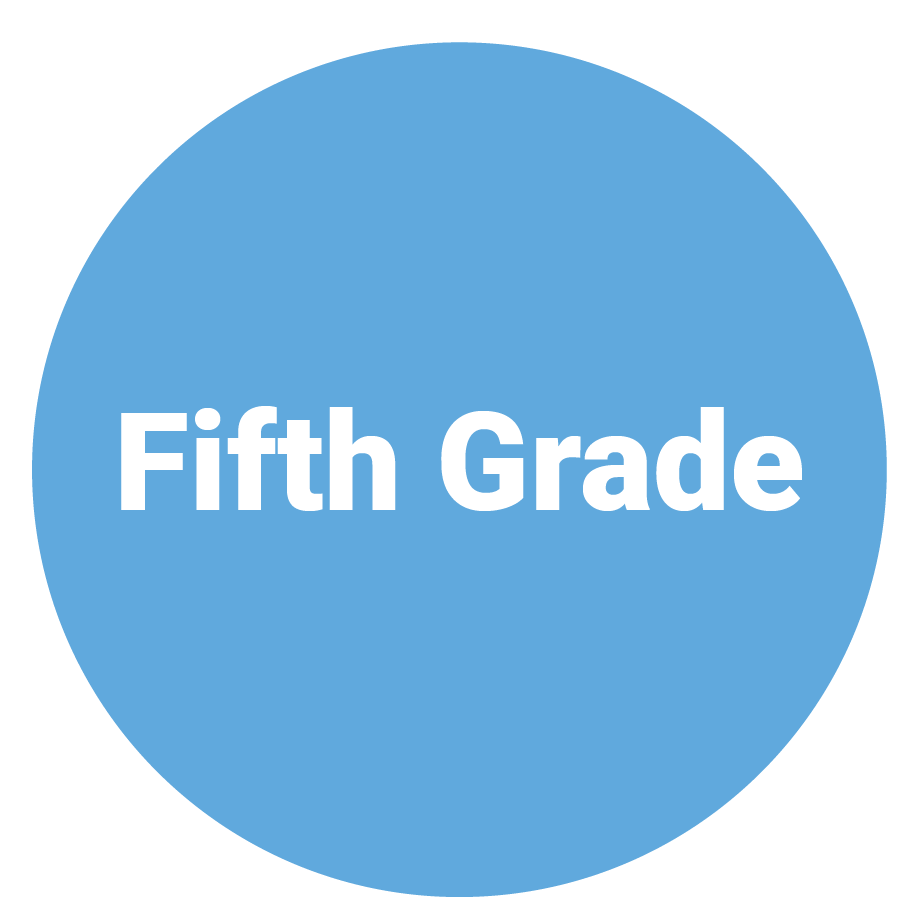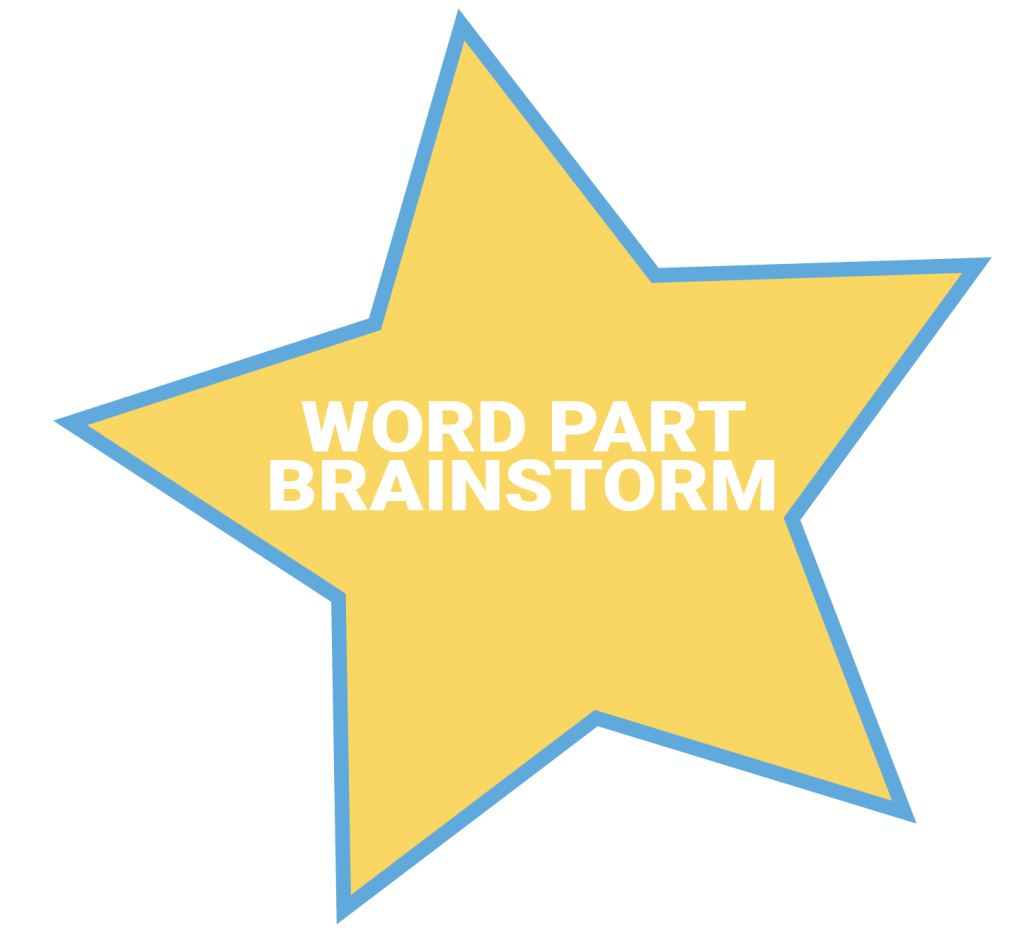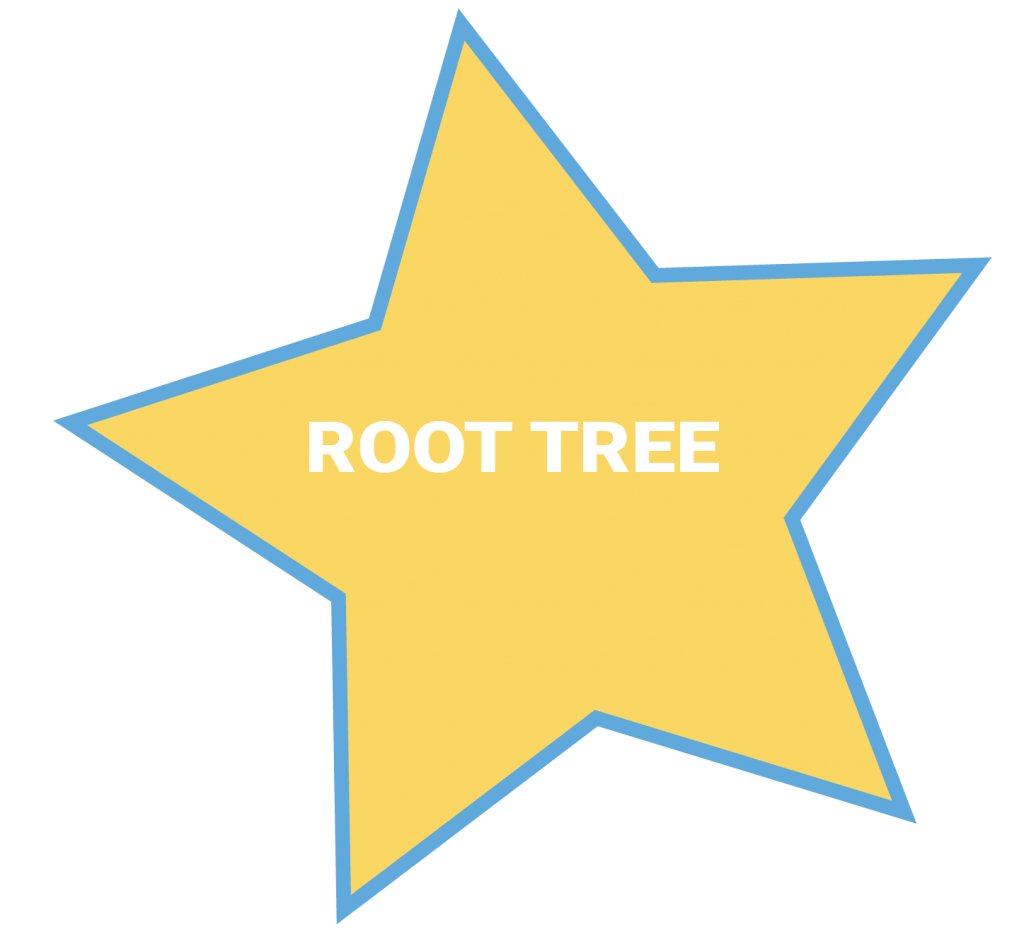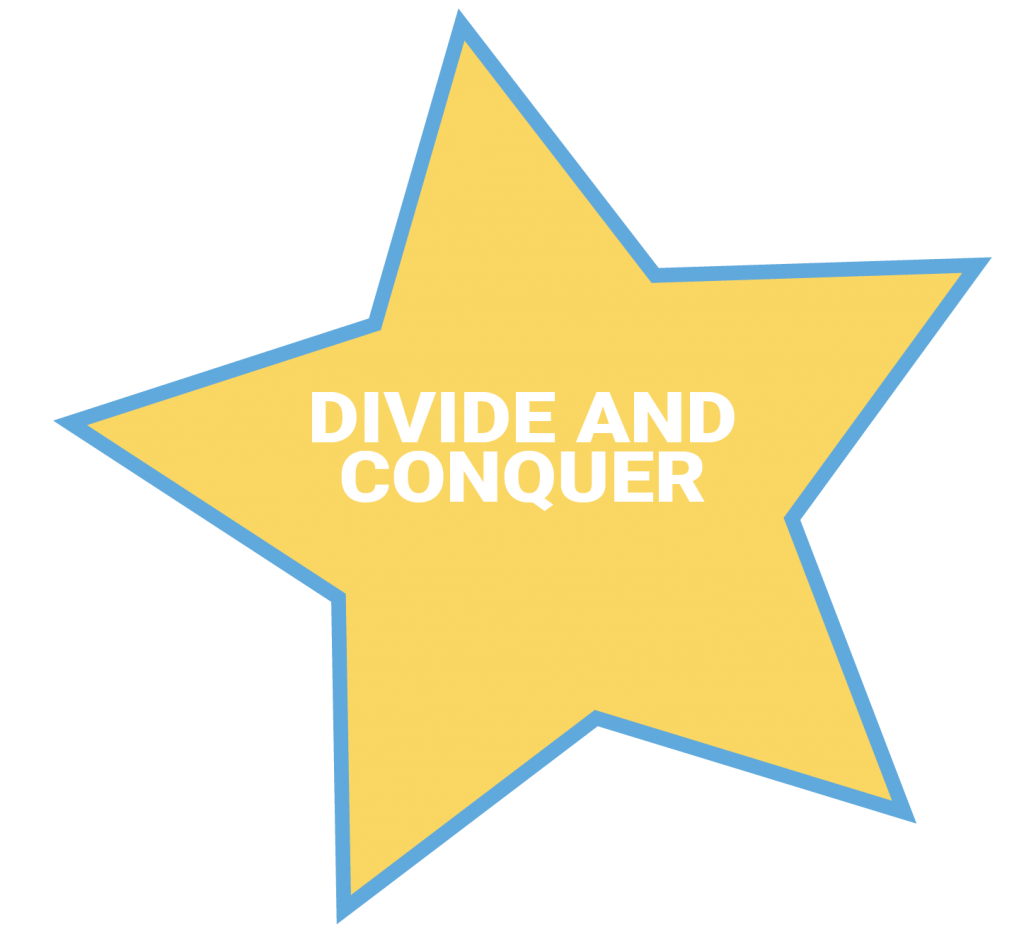
Meaningful Word Parts (Morphology)
Why This is Important
Morphology is working with morphemes, the smallest unit of meaning in words. These include root words, prefixes and suffixes. For example, the word unlucky has three morphemes, un-luck-y. Learning meaningful word parts helps students figure out new words in text, especially in content areas like math, social studies, and science.
Goals for Strong Readers
- Identify word parts (prefixes, suffixes, root words).
- Use word parts (prefixes, suffixes, root words) to figure out meaning of new words.
Quick Activity

Come up with a commonly used word part (prefix or suffix) and brainstorm five words with that word part. Discuss the meanings of the words, thinking about how the meaning of the word part contributes to the word. Example: the prefix mis is in the words mistake, misbehave, mislead, misunderstanding, and miserable. Use this word list as a reference.
Common word parts:
- Prefixes: pre, in, un, de, re, mis
- Suffixes: ing, ful, ed, ly, er, able
More Activities and Games
Download this list of root words and affixes (prefixes and suffixes) for the next three activities.

Give your child a word part (prefix, suffix, or root) to look for in a text. Have your child write down all the words he or she can find and write down what the words mean.

Choose a root word. Draw a tree and write the root word at the bottom. Have your child create as many words as possible using the root word, writing the words on the tree. Encourage your child to think of the meaning of each word and how it is connected to the root word’s meaning. Decorate the tree.

Use this multisyllable word list as a reference.
- Write down one multisyllable word. (Example: sensible)
- Have your child divide the word into meaningful word parts (Example: sens + ible)
- Discuss the meanings of the different word parts (Example: sens to feel, ible: able to be)
- Look up the definition of the whole word (Example: sensible means capable of being made aware of or feeling)
- Note: sometimes, a word may not have a prefix and/or a suffix (Example: earth)

Pick a group of words that have the same prefix, suffix, or root. Have your child write down an explanation regarding how the words are related to one another based on the word part.
Examples of word groups:
- transport, portable, transportation, import, report
- singer, waiter, driver, dancer, player, teacher
- auditor, auditory, audition, audio, audience
Online Games
TurtleDiary – Language Arts Games
Online Resources
Accelerated Reader Bookfinder
Mississippi Distance Learning Library
